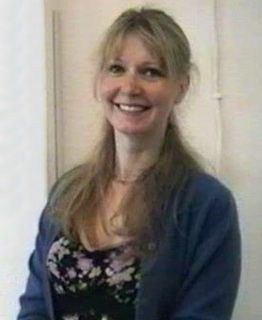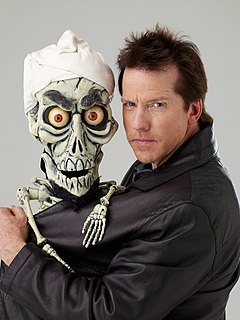A Quote by Brendan Myers
My earliest interest in game design came when I was in primary school, and my parents bought a Commodore 128 computer. I taught myself to write programs in BASIC, and then I made my own games.
Related Quotes
I've never been much of a computer guy at least in terms of playing with computers. Actually until I was about 11 I didn't use a computer for preparing for games at all. Now, obviously, the computer is an important tool for me preparing for my games. I analyze when I'm on the computer, either my games or my opponents. But mostly my own.
Until I reached my late teens, there was not enough money for luxuries - a holiday, a car, or a computer. I learned how to program a computer, in fact, by reading a book. I used to write down programs in a notebook and a few years later when we were able to buy a computer, I typed in my programs to see if they worked. They did. I was lucky.
What, then, is the basic difference between today's computer and an intelligent being? It is that the computer can be made to seebut not to perceive. What matters here is not that the computer is without consciousness but that thus far it is incapable of the spontaneous grasp of pattern--a capacity essential to perception and intelligence.
Rules of Play is an exhaustive, clear, cogent, and complete resource for understanding games and game design. Salen and Zimmerman describe an encyclopedia of game design issues, techniques, and attributes. In particular, they analyze the elements that can make a game experience richer, more interesting, more emotional, more meaningful, and, ultimately, more successful. It should be the first stop you make when learning about game design.
I don't think I made a conscious decision as a career choice. From my school days I had decided, persuaded by my parents, to prepare myself for the law. Then the Japanese occupation came and we went through three and a half years of what I would call the university of life, it was hard, it was harsh.









































